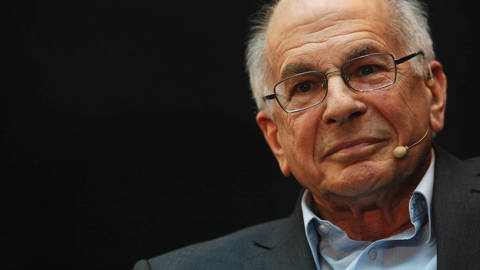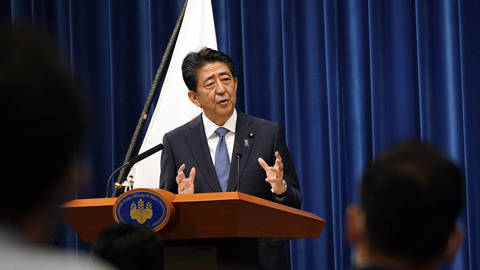Kenneth Scheve
Kenneth Scheve is Professor of Political Science at Stanford University, and a co-author of the book Taxing the Rich: A History of Fiscal Fairness in the United States and Europe.
-
Economic Fairness and America’s Presidential Election

Economic Fairness and America’s Presidential Election
May 13, 2016 Kenneth Scheve & David Stasavage explain why voters are flocking to anti-establishment candidates who propose very different solutions.








